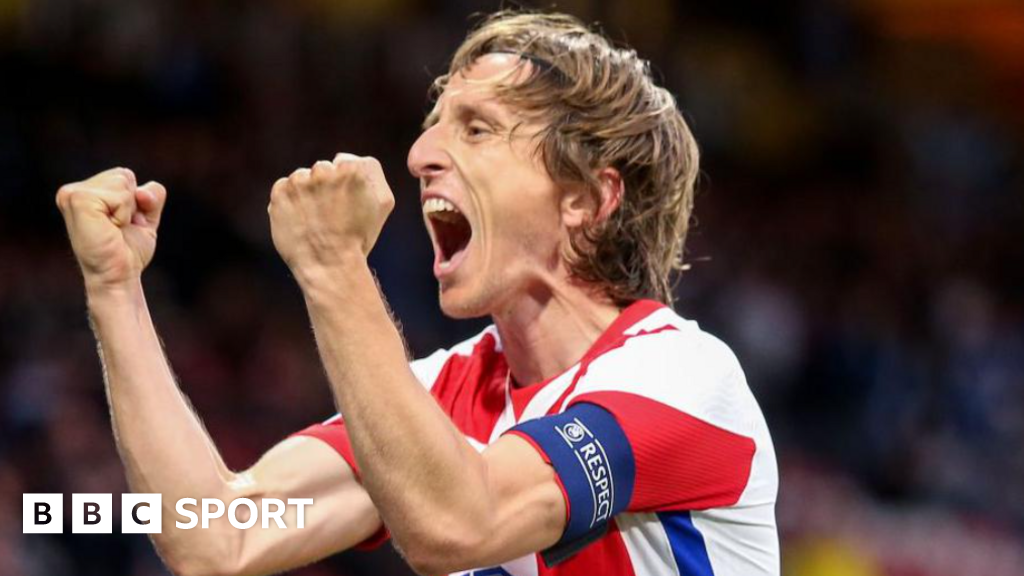It is difficult to find the words to explain the esteem in which he is held throughout Croatia and in particular in Zadar, the city of his childhood.
On a recent trip to this unspoilt calm resort on the Dalmatian coast, one resident of the city told me: “Modric should run for president.
“No one else would even get close. We will not have one like him for another 100 years.”
Modric’s journey to the top has been rockier and more demanding than the slopes of the Velebit mountain in the tiny hamlet of Modrici near Zadar, where, as a five-year-old, the young Luka used to herd his grandfather’s goats.
On terrain not suitable for agriculture, never mind football matches, he would while away the hours with a ball, hitting it towards the entry of the garage in the solitary house that he shared with his family and grandparents.
Just 10 metres from that garage door, his grandad was killed after the start of the war for independence in Croatia.
It was from this background that this pencil-thin, frail looking boy would rise to triumph against adversity to become not just one of his country’s most emblematic legends, but also one of the greatest footballers of his generation.
